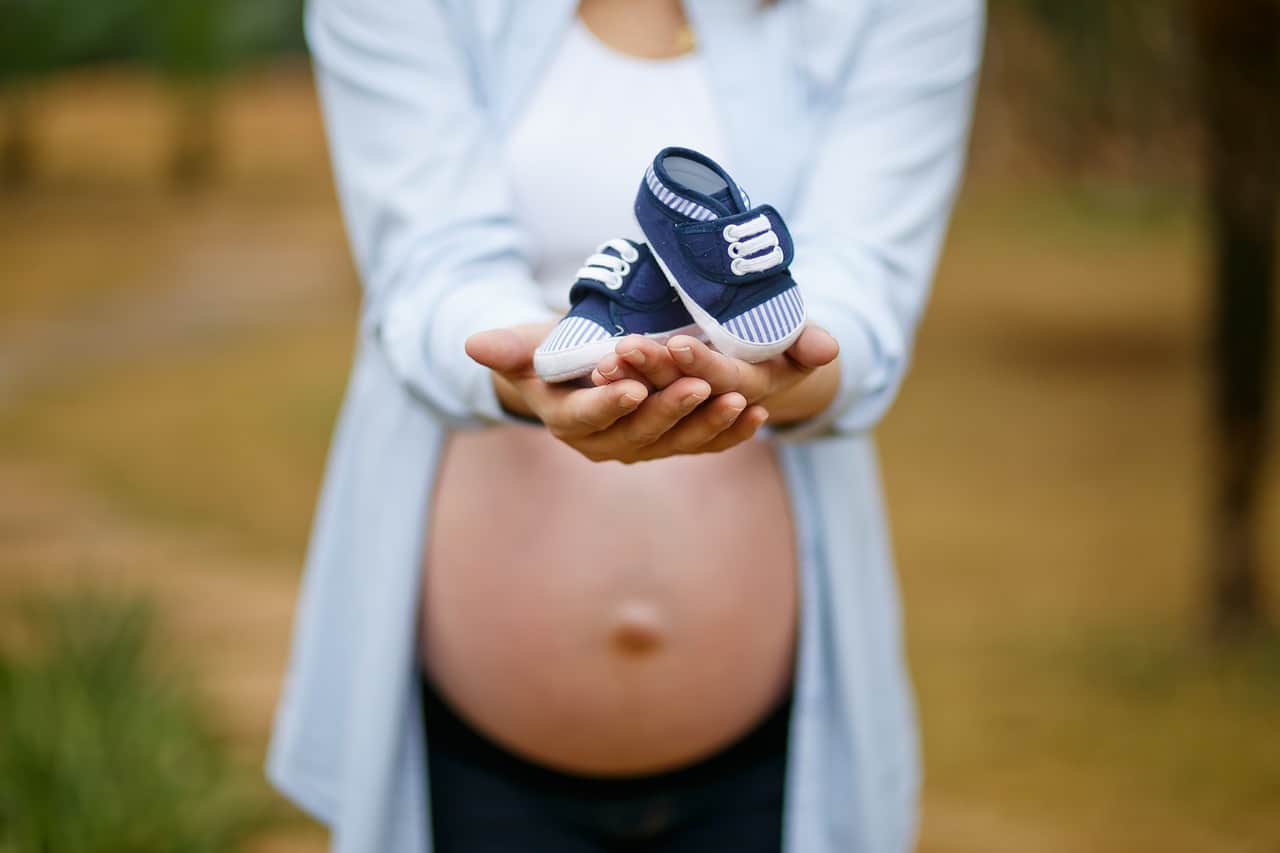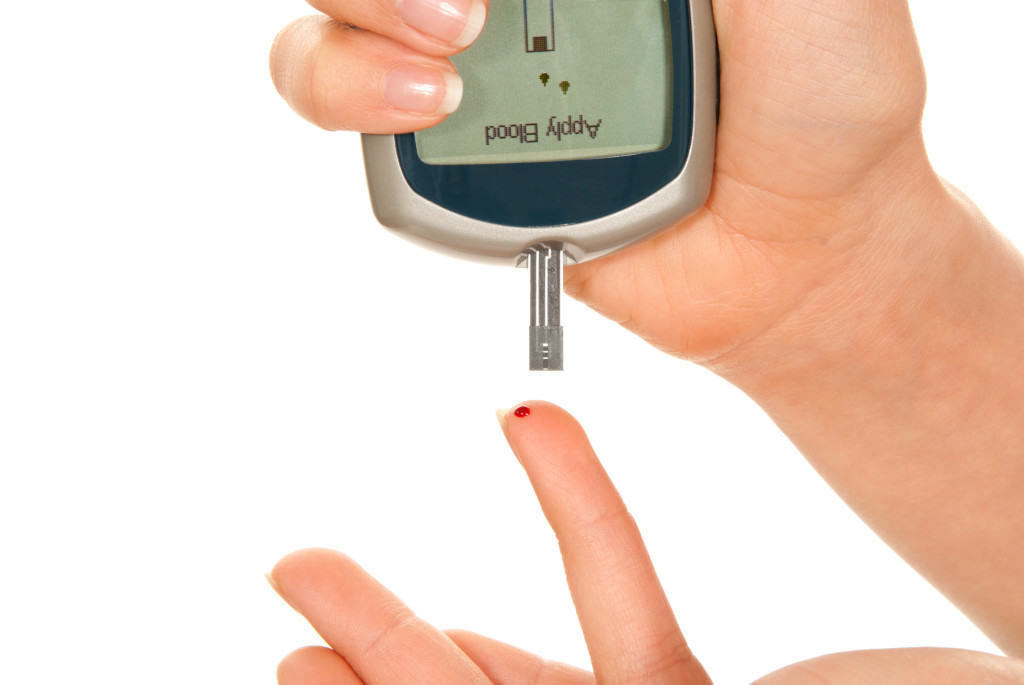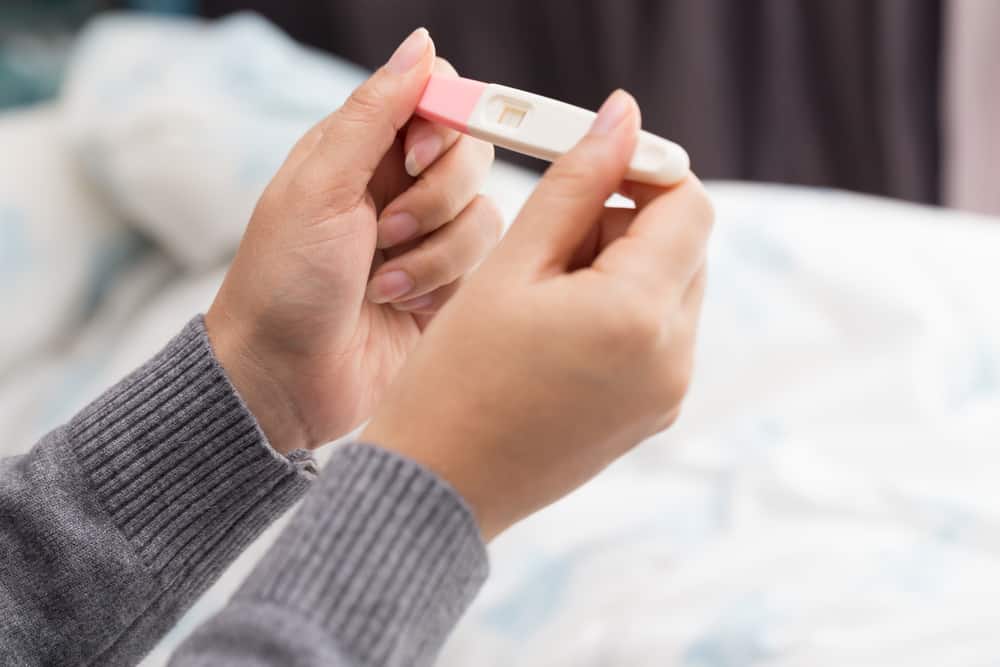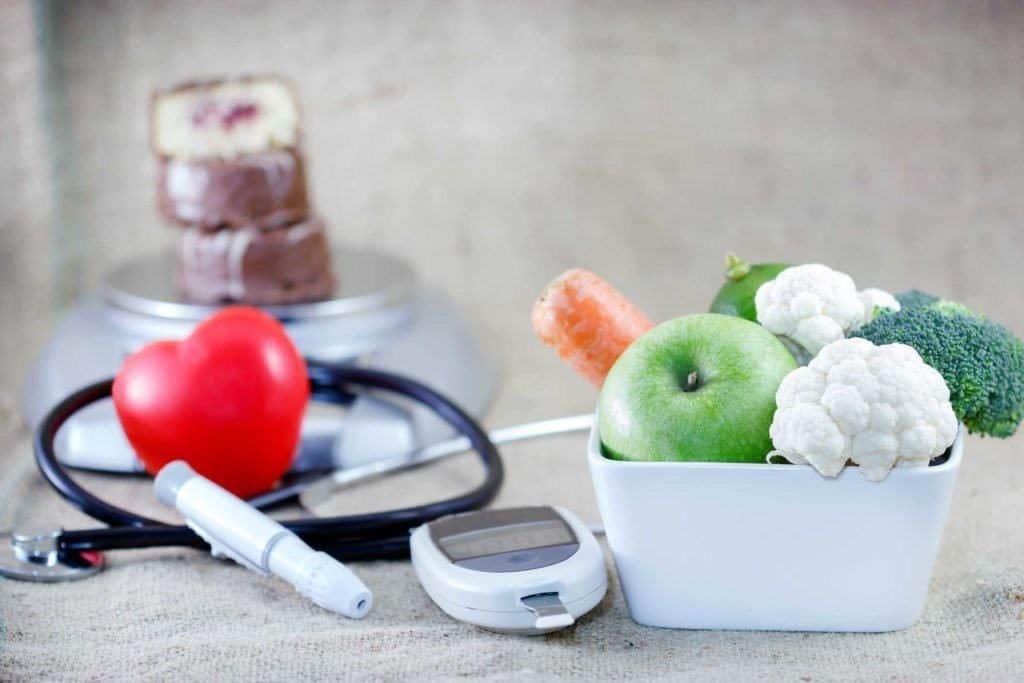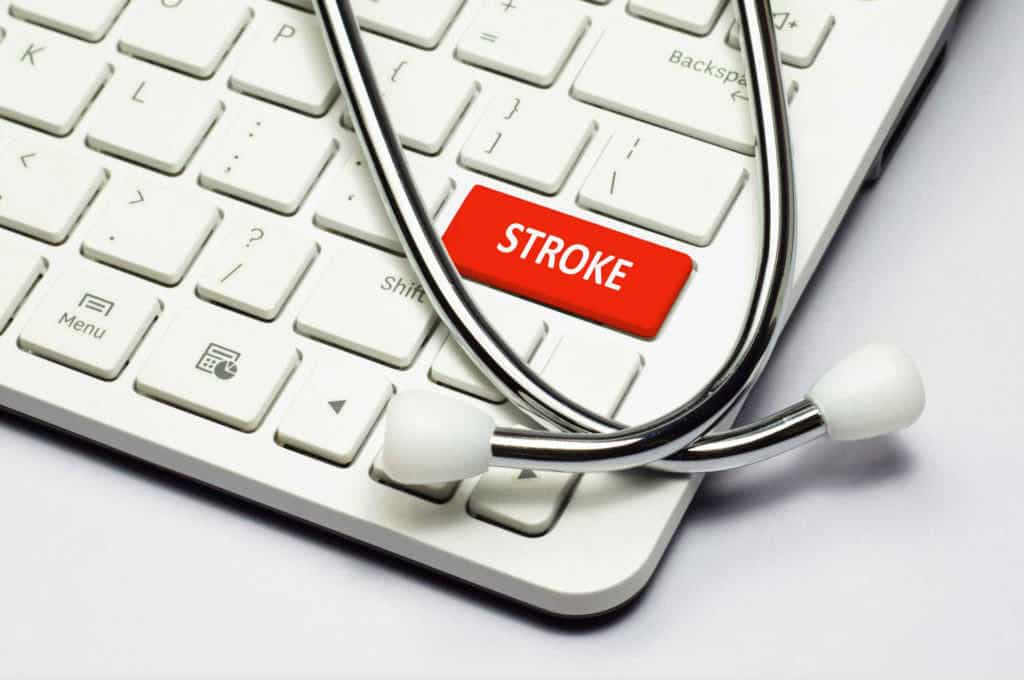Contents:
- Medical Video: Top 4 Signs Of Healthy Fetus | Healthy Pregnancy
- Signs of pregnancy that are annoying but precisely good for the health of the mother and fetus
- 1. Morning sickness
- 2. Pink or tanned blood spots
- 3. The breasts are enlarged and painful
- 4. Leucorrhoea increases
Medical Video: Top 4 Signs Of Healthy Fetus | Healthy Pregnancy
Pregnancy is one of the many moments awaited women. However, not all pregnancy processes can run smoothly without obstacles. Because, some signs of pregnancy tend to cause discomfort in the body of pregnant women, for example morning sickness, constipation, back pain, and so on.
Eits, wait a minute. Without realizing it, the disturbing sign of pregnancy is actually good for the health of pregnant women and fetuses, you know! How can it be, huh? Come on, see the full review below.
Signs of pregnancy that are annoying but precisely good for the health of the mother and fetus
An obstetrician and author of The Mommy Docs' Ultimate Guide to Pregnancy and Birth, Dr. Yvonne Bohn revealed to Parents that some signs of pregnancy in women actually provide good benefits for the mother and fetus in the womb. In general, pregnancy signs that appear indicate that your pregnancy is developing and in good health.
Well, here are four signs of pregnancy that turn out to be beneficial for you and your fetus, including:
1. Morning sickness
Morning sickness is one of the most recognizable signs of pregnancy. Usually, this is characterized by nausea and vomiting that occurs in the first trimester.
Although it feels quite disturbing, morning sickness turns out to have a number of benefits for pregnant women and fetuses. When the mother is pregnant with nausea and vomiting, this indicates that her body is experiencing an increase in the hormone gonadotropin (hCG) which serves to ensure her pregnancy is developing properly.
In addition, a recent study revealed that prospective mothers experienced morning sickness tend to be at a lower risk of miscarriage or premature delivery. In fact, experts found that morning sickness can make prospective babies smarter and more protected from the possibility of birth defects.
2. Pink or tanned blood spots
The appearance of blood spots when you are not menstruating sometimes makes you anxious. However, if blood spots occur 10 to 14 days after the egg is fertilized, this is called implantation bleeding which is one sign of pregnancy.
Pregnancy occurs when a fertilized egg (embryo) attaches to the uterine wall. When the embryo tries to stick to the uterine wall, it will erode the lining of the uterus which results in small bleeding in the form of a pink or brownish liquid. Well, this condition is often misinterpreted as menstruation.
So, you do not need to worry if you find blood spots that are pink or tanned. Usually, this is a sign that your gestational age is 4 to 6 weeks.
3. The breasts are enlarged and painful
One sign of pregnancy that is easily felt is that the breasts are swollen and painful - even when touched. Indeed, this is quite disturbing and causes discomfort. However, prospective mothers need not worry. This is actually good for your pregnancy, you know!
Because the enlarged breasts are a sign of an increase in levels of estrogen and progesterone, two hormones needed for pregnancy. Increasing levels of these hormones is actually a sign that your fetus is developing well.
4. Leucorrhoea increases
If you are pregnant and have a lot of vaginal discharge, then you are not alone. Many pregnant women find a clear liquid that does not smell during pregnancy.
The appearance of vaginal discharge during pregnancy is generally caused by the effect of increasing the hormone estrogen in the body. The estrogen hormone makes cells in the vaginal wall thickened to support the process of pregnancy and childbirth. Well, this is what causes discharge of vaginal discharge during pregnancy.
Apart from being a sign of a healthy pregnancy, increased vaginal discharge is beneficial to help clean the vagina. In fact, this also serves to prevent infectious bacteria from entering the uterus.

